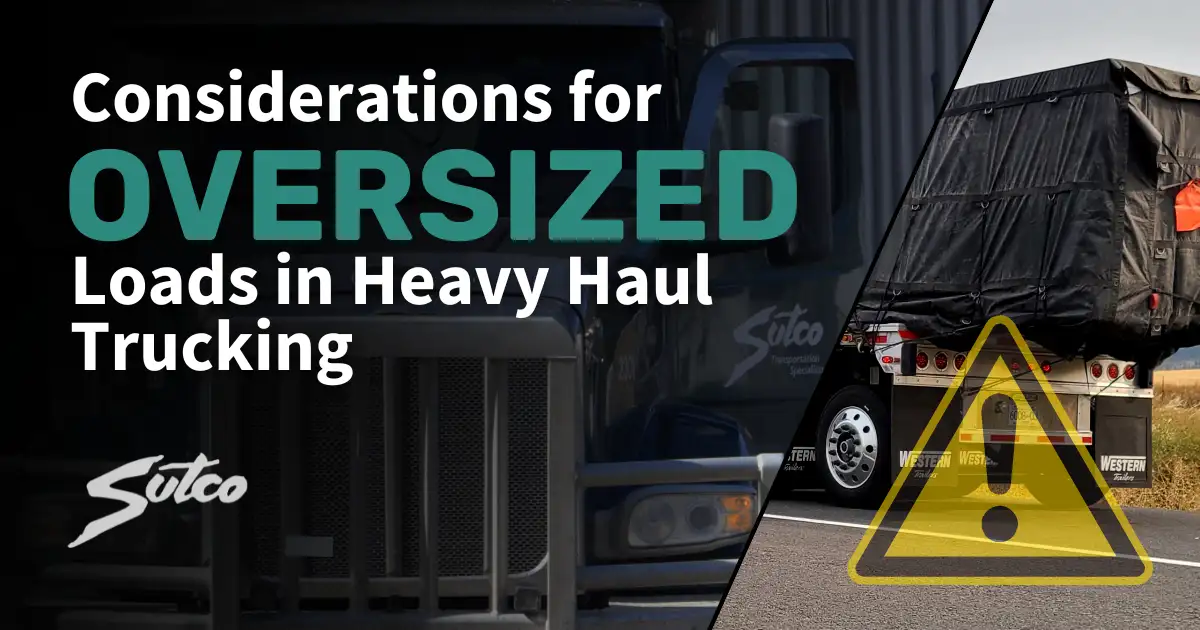1. Weight Distribution and Axle Configuration
Transporting oversized loads requires meticulous attention to weight distribution. Improperly balanced cargo can strain axles, tires, and suspension systems. During summer, asphalt temperatures rise, exacerbating stress on the road surface. Truckers must adhere to axle weight limits and optimize load placement to prevent undue strain on specific areas.
2. Tire Management in High Temperatures
Hot weather affects tire performance. Overheated tires are prone to blowouts, which pose serious safety risks. Regular tire inspections, proper inflation, and avoiding excessive speeds are essential. Additionally, truckers should be aware of tire load ratings and adjust accordingly for heavy hauls.
3. Route Planning and Road Conditions
Summer construction projects and road repairs are common. Truckers must plan routes meticulously to avoid detours, narrow lanes, and low bridges. Bridges and overpasses may have weight restrictions, necessitating alternative paths. Real-time traffic updates and GPS technology help navigate road closures and congestion.
4. Load Securement and Tie-Down Techniques
Securing oversized cargo demands specialized equipment and techniques. Ratchet straps, chains, and binders must withstand extreme forces. Summer heat can weaken materials, so truckers should inspect tie-downs for signs of wear. Adequate load securement prevents shifting during transit.
5. Bridge Weight Limits and Permits
Crossing bridges with heavy loads involves compliance with weight limits. Truckers must obtain necessary permits for oversized shipments. Summer weather can impact bridge structures, so understanding load-bearing capacities is vital. Failing to adhere to weight restrictions can result in fines or damage to infrastructure.
6. Fuel Efficiency and Air Conditioning
Fuel costs rise during summer due to increased air conditioning usage and idling. Truckers should optimize fuel efficiency by maintaining steady speeds, minimizing idling time, and using auxiliary power units (APUs) for climate control. Properly functioning air conditioning keeps drivers comfortable and alert.
7. Safety Precautions for Night Hauling
Summer nights offer cooler temperatures for heavy hauls, but visibility remains a concern. Well-lit reflective markings on oversized loads enhance safety. Truckers should also be cautious during twilight hours when glare from the setting sun affects visibility.
8. Emergency Preparedness
Summer storms, sudden breakdowns, and accidents can disrupt heavy haul operations. Truckers should carry emergency supplies, including water, food, and first aid kits. Regular communication with dispatch ensures timely assistance if needed.
9. Driver Health and Hydration
Truckers face dehydration risks during hot weather. Staying hydrated, taking breaks in shaded areas, and wearing appropriate clothing are essential. Heat-related illnesses can impair judgment and reaction times, jeopardizing safety.


